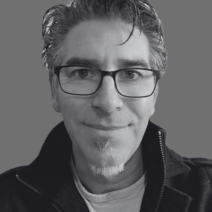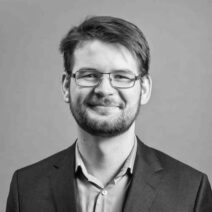Following on from my posts about my trip on the Pacific Mission, and reflections on my time in Solomon Islands, below I’ve shared some thoughts from my time in Vanuatu.
Vanuatu is a very different experience from Solomon Islands as it is much more developed in the main centre. In Port Vila the internet speed is good and they already have a thriving tourism industry. Despite this the rural areas and islands are still mostly subsistence living with little in the way of access to services.
While Solomon Islands face issues from youth moving to the city and being jobless, Vanuatu was more concerned with the issue of less of the population moving to the areas that are easy to service. On the one hand it’s easier for everyone to stay at a subsistence level when spread across the region, on the other it’s harder to move towards industry and development.
Another challenge for businesses trying to work out what the future of Vanuatu will be is the complexity of the political situation – the current government is an eight-way coalition which is down from a coalition of 12 parties. This situation makes predicting what’s likely to happen on a political front difficult, with frequent motions of no confidence in parliament and a number of groups pushing very different futures.
Vanuatu’s economy is much more tightly tied to tourism than Solomon Islands with regular arrivals of large cruise ships supporting much of their economy. This is leaving the country with a different set of challenges around infrastructure and planning (more areas have to be able to handle the sudden arrival of a shipload of people). In the vast majority of cases the expats and businesses I met there were involved in the tourism industry in some way.
Because of its dependence on cruise ships Vanuatu is even more vulnerable to climate change having a long term effect on its economy than some other islands. Hurricane seasons are getting longer and the direct danger increases alongside the window in which cruise ships are travelling the region decreasing. Without the cruise ships there would simply not be enough trade to support the country and there isn’t a clear path to an alternative industry. This is a reminder that if the world as a whole doesn’t proactively address climate change the costs will also accrue directly in increasing aid and support needed by the countries affected.
One of the pieces of better news in the trip was our visit to the Fred Hollows eye clinic in Port Vila. Fred Hollows has some of the best investment to outcomes metrics of any charity I’ve come across, because restoring vision changes someone from permanently needing some level of support to being able to work or produce for themselves. The Vanuatu clinic is particularly notable for being the first time the foundation has successfully trained a local through to being a full opthamologist alongside building a new clinic that should allow for 800 surgeries a year.
One key part of any Vanuatu visit is sampling the Kava which tastes medicinal and is purported to have a relaxing effect. The impression I’d been given of it ahead of time overstated the effects as I can’t say I particularly noticed any mental changes but it was always served in a setting that was comfortable and open to good conversation so I recommend the experience.
We also had the notable experience of clogging up the airport on the final day with the RNZAF 757 had an issue and the other one had to be flown over to bring us back to New Zealand. Apparently the 757s are a bit error prone, but at least it gives the media some extra opportunities for stories.
Although it’s currently ahead on tourism I felt that Vanuatu was more vulnerable than Solomon Islands in terms of the various challenges facing it as a country. Everything from climate change to oil price can affect the tourism industry in ways that Vanuatu doesn’t have much power to change and there isn’t a good backup option at the moment.
Both countries I went to are amazing places to visit, and I look forward to watching their development over the coming years. The mission reinforced how key it is that we do our part in the region especially as other parts of the world prove to be less stable than we may have thought. A stable connected pacific region is good for us and good for the world.



